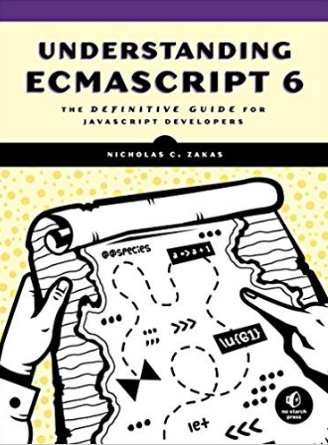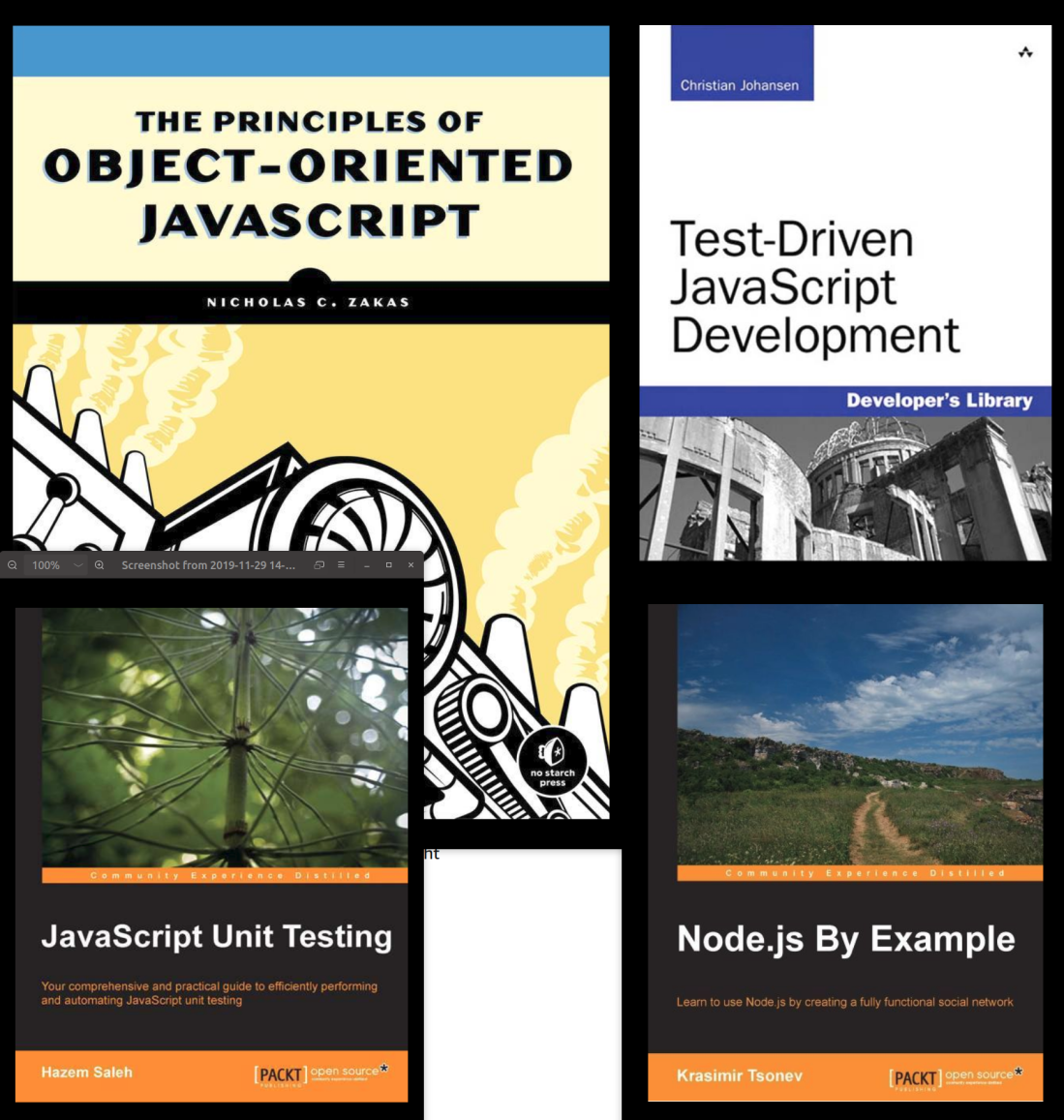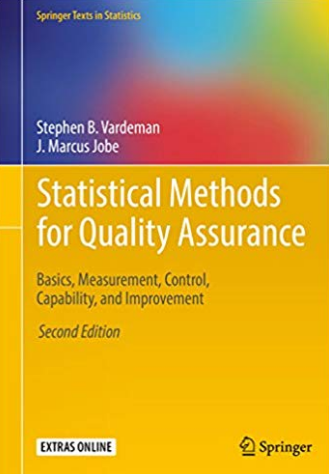December js time
const topic = 'JS'; var study_book = 'ECMA6'; let current_chapter = '6';

I started with the below but they were ALL out-of-date.
Anything before 2017 is basically out-dated at this point

December js time
const topic = 'JS'; var study_book = 'ECMA6'; let current_chapter = '6';

I started with the below but they were ALL out-of-date.
Anything before 2017 is basically out-dated at this point

One thing I’ve noticed about a career in programming… over the course of a career in programming… is that one broad distinction of skills is that of those skills that continue to be useful over long periods of time vs. those skills that become outdated are no longer used and are replaced by other new skills and knowledge. I’d like to name a javascript framework as the latest shiny toy example but by the time I publish this article, there will probably be a successor to it already.
You will always need to have some of the more current and in-demand skills and expertise that are (only) needed for your work today, but be sure to blend in longer term skills which will improve your overall productivity over a longer time frame.
For skills that change over time I am talking about:
For skills that just keep on providing more value the better you get at them I mean:
One of the difficult things about this list is that much, if not most of it will not be taught to you in school or provided to you by your employer so self-study for most of these areas is essential. The great thing is that:
The above list will be important in virtually every language you use

I’m getting a little refresh on techniques for measuring in the quality field.
Some apply more than others in modern software development.
It’s always good to refresh the fundamentals on measurement.
Great value comes from determining exactly what to measure in an industry where change is constant and indeed the norm.
Great caution must be present.
Be very careful what you measure and why you measure it.